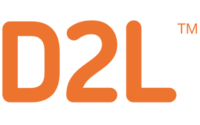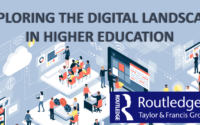
What academics really think about information literacy
This research project arose from a need to ensure librarians and academics work together to support student information literacy (IL) development, aligned to the Anglia Ruskin University learning and teaching strategy, and specifically to improve librarians’ understanding of how academic staff view IL and consider their perceptions and expectations within different disciplines. A literature review […]













